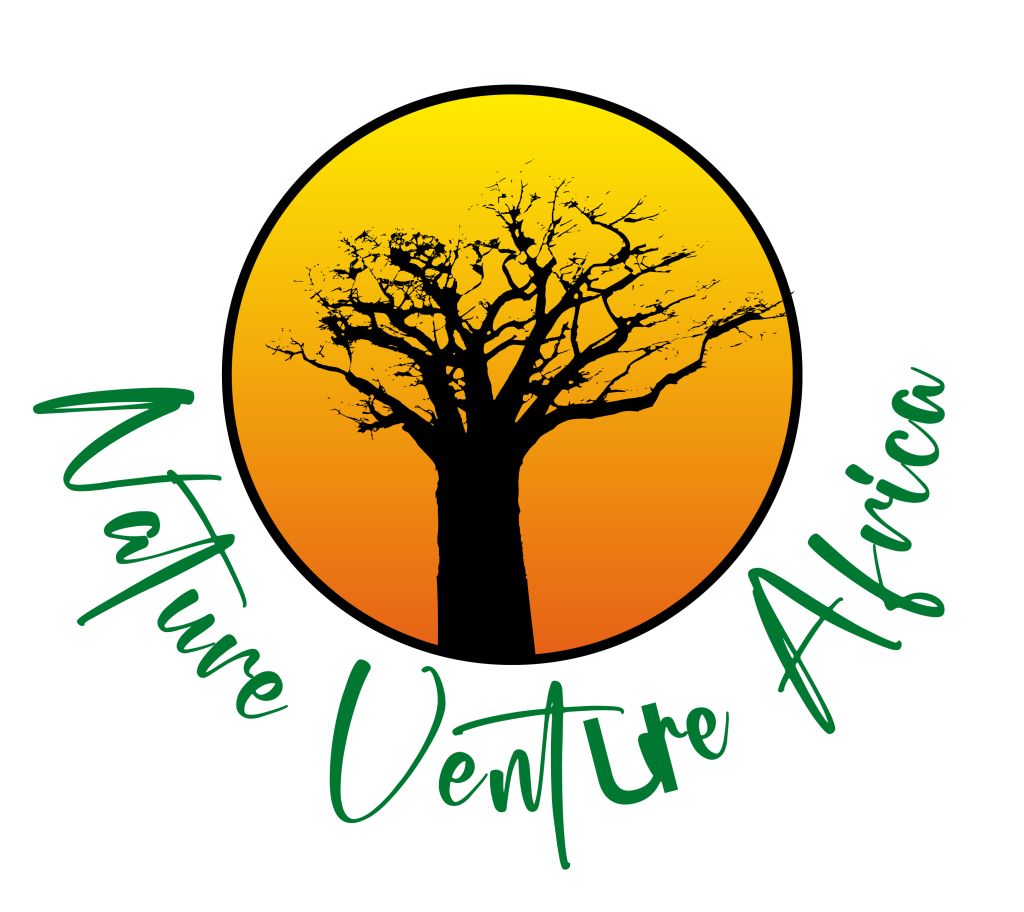Frequently Asked Questions
FAQs
- What is the best time of the year to visit Tanzania for a safari? The best times are during the peak seasons: December to February and June to October. These periods offer perfect weather and significant wildlife events like the great migration and birthing season. Booking in advance is essential due to high demand.
- When can I witness the great migration in Tanzania? The great migration occurs from June to October in the Serengeti, where wildebeest and other animals make the dramatic river crossing at the Mara River.
- What is the best time to climb Mount Kilimanjaro? The best times are during the dry seasons: January to February and June to October. These months offer more predictable weather, clear skies, and minimal precipitation.
- Is it worth visiting Tanzania during the low season (April-May)? Yes, it offers fewer crowds, lower prices, lush landscapes, and vibrant birdlife. While rains can affect travel and game viewing, the benefits of a more affordable and intimate experience can outweigh the drawbacks.
- Are there any safety concerns or travel restrictions during the different seasons in Tanzania? Tanzania generally provides a secure environment throughout the year. However, during the rainy season, certain regions may face weather-related issues such as floods and deteriorated road conditions. Stay updated with local authorities and partner with a trusted tour operator.
- How is the weather in Tanzania during the high and peak seasons? The high season offers a mix of rain showers and sunny intervals, while the peak season features cooler, drier, and less humid weather, ideal for wildlife photography and safari game drives.
- Are there any special precautions I need to take during the rainy season? Prepare for rain showers, muddy terrains, and potentially harsh travel conditions. Ensure you have waterproof gear, sturdy shoes, and a flexible travel schedule. Regularly check weather updates and book with a reputable tour operator.
- When is the best time for birdwatching in Tanzania? The best times are during the rainy seasons: April to May and November. These periods see the arrival of migratory bird species, creating a fantastic sight for bird enthusiasts.
- When is the best time to visit Tanzania for beach and island activities in Zanzibar? The best times for beach activities are during the drier months: June to October and December to February.
- Does accommodation in Tanzania have seasonal rates? Yes, accommodation prices are higher during the peak season and lower during the high and low seasons. Research and book in advance to secure preferred lodging and promotional offers.
- What activities can I participate in during the different seasons in Tanzania? During peak season: game drives, wildlife photography, hot air balloon rides, hiking, and climbing Mount Kilimanjaro. During high season: birdwatching and witnessing the wildebeest return migration. During low season: birdwatching, photography, and enjoying lush landscapes.
- Are certain areas or parks better to visit during specific seasons in Tanzania? Different parks have varying conditions and wildlife events. For example, the Serengeti hosts the great migration from June to October, while the Ngorongoro Crater is a year-round destination. Research each park’s unique offerings for your travel dates.
- Should I book a Tanzania safari during peak or high season if I prefer fewer tourists? For fewer tourists, consider booking during the high season (March and November – December 15) or the low season (April – May). While the weather can be unpredictable, you can enjoy a more intimate wildlife experience and reduced prices.
- Can I take part in cultural experiences throughout the year in Tanzania? Yes, cultural experiences such as visiting local villages and attending cultural performances are available year-round. Be mindful of seasonal weather changes that may impact outdoor activities and events.
- Are there any advantages to visiting Tanzania in each season? Each season offers unique advantages: peak season for ideal weather and significant wildlife events, high season for fewer crowds and lower prices, and low season for cost savings and lush landscapes.
